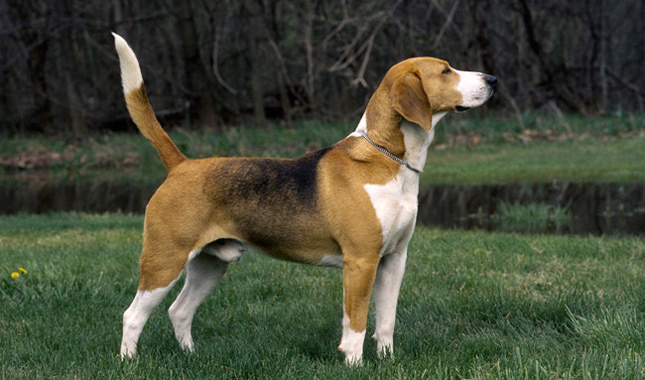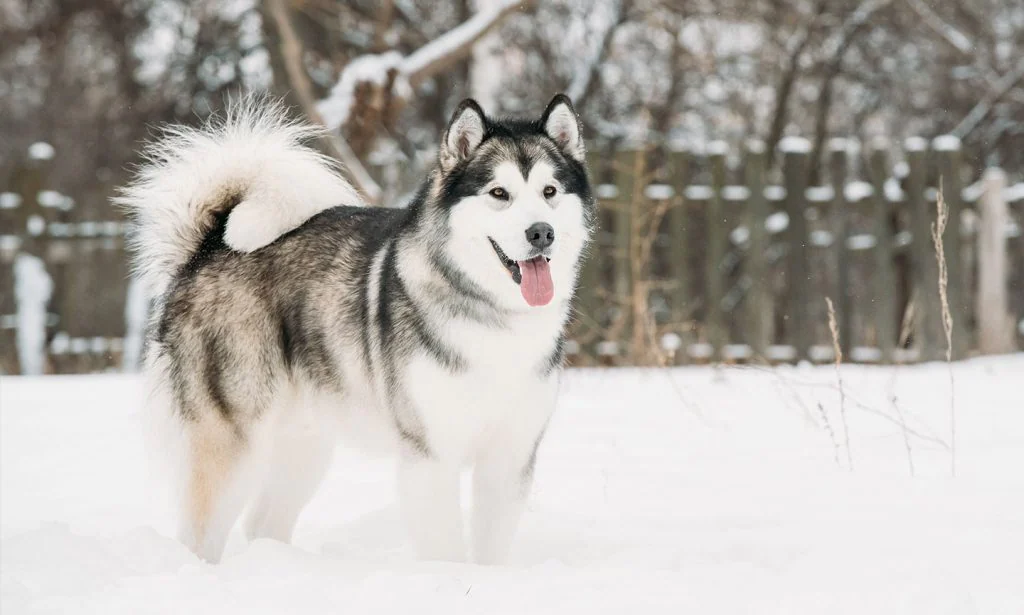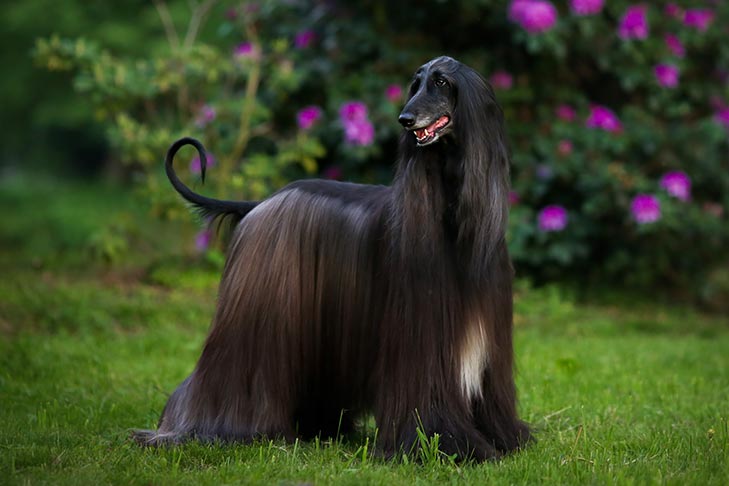Introduction
The Harrier is a breed of dog that is known for its excellent hunting skills and friendly, outgoing personality. This medium-sized hound is similar in appearance to a Beagle, with a muscular and athletic build, short coat, and long ears. Harriers are intelligent and energetic, and they require regular exercise and mental stimulation to stay healthy and happy. They are social and friendly with people and other dogs, but their strong hunting instincts mean they may chase small animals if not properly trained and supervised. With proper socialization and training, Harriers can make great family pets and excel in obedience and agility competitions.
Harrier Temperament
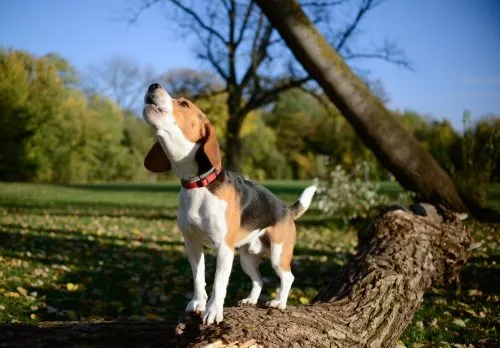
The Harrier breed is known for its friendly and outgoing personality. They are playful, energetic, and make great family pets. Harriers have a strong hunting instinct and love to track and pursue prey. They also get along well with children and other animals, making them a great addition to multi-pet households. Harriers are intelligent and trainable, but they can be independent and stubborn at times.
Aggression
Harriers are generally not known for displaying aggressive behavior. However, as with any breed, individual dogs may exhibit aggressive behavior due to a variety of factors such as genetics, fear, lack of socialization, or territorial instincts. Signs of aggression may include growling, barking, snapping, biting, or lunging. It is important to address any instances of aggression promptly and seek professional help from a dog trainer or behaviorist. To prevent aggressive behavior in Harriers, it is recommended to provide early socialization and training, supervise interactions with other animals and people, and create a stable and positive environment for your dog. With proper care and attention, Harriers can make wonderful, loyal companions.
Health and Lifespan
The reported lifespan range of the Harrier breed is between 12 to 15 years. However, like any breed, individual lifespan can vary depending on factors such as genetics, diet, exercise, and healthcare. Regular visits to the veterinarian and proper care can help ensure a longer and healthier life for your Harrier.
Food for Harrier
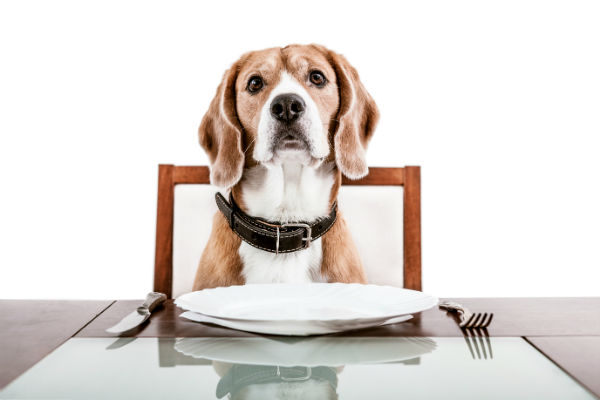
When it comes to selecting the best food for your Harrier, it is important to choose a high-quality, balanced diet that meets their nutritional needs. Harriers require a diet that is rich in protein, healthy fats, and essential vitamins and minerals. You may want to consider a high-quality dry kibble that is specifically formulated for medium-sized breeds to support their energy needs. It is important to choose a dog food that does not contain artificial preservatives or fillers as they can be harmful to your dog’s health.
Training for Harrier
To train a Harrier, use positive reinforcement techniques and be consistent in your approach. Start with basic obedience training and socialize your dog from a young age. Incorporate mental stimulation through interactive toys and puzzles, and provide plenty of exercise to keep your dog healthy and happy. Harriers are intelligent and trainable, but can be independent and stubborn at times. With patience and consistency, your Harrier can develop into a well-behaved and obedient companion.
Conclusion
In conclusion, the Harrier is a friendly and energetic breed of dog known for its excellent hunting skills and outgoing personality. With their muscular and athletic build, Harriers require regular exercise and mental stimulation to stay healthy and happy. They make great family pets and are social and friendly with people and other dogs. While aggression is not a common trait in Harriers, it is important to provide early socialization and training to prevent any potential behavioral issues. Choosing a high-quality, balanced diet is also crucial for their overall health and well-being. With proper care and attention, the Harrier can make a loyal and loving companion for active households and dog lovers alike.
